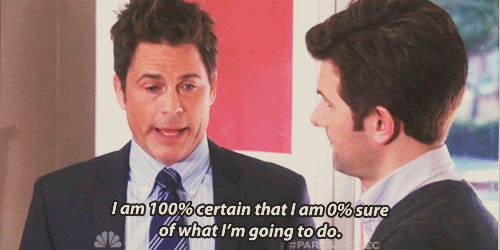Decision-Making
What are the psychological and social factors that influence decision-making, such as emotions, biases, and group dynamics? How can you improve your decision-making?
in decision-making you will:
Learn about the most important cognitive biases and how they influence our decision making
Examine four case studies of when decisions went wrong
Engage in frequent group discussions to unpack the real-world implications of decision- making
Develop an understanding of when to think twice and when to go with your gut
the Transformation:
Become a more confident and intentional decision-maker for the rest of your life
Learn to identify and avoid common pitfalls in decision making
Understand when emotional decisions are the best ones
Build a habit of reflecting on your decisions
Learn when to invest time in a decision and when to make a quick one
a Day-by-Day look
“I liked how the information that I learned could easily be applied to my daily life. I can take this information outside the four walls of a classroom.”
Logistics
Tech: Live online instruction on Zoom, cameras on and discussion-based
College-like course structure: Seminar with minimum of 4 & maximum of 15 for engaging discussion
Dates & times: (full schedule)
Term 2: July 3-14, 1:00-3:00pm ET
Tuition: $1,000 with need-based financial aid available, part of the application
About the Developer
Urmi Pandya is a graduate of Duke University, where she earned her B.S. in psychology and minor in neuroscience. She is involved in several research projects: her senior thesis explored changes in the neural markers of metacognition before and after an intervention in at-risk youth; she assisted a researcher examining the process of resilience; and she was part of an interdisciplinary team that launched a peer-to-peer mental health textline on campus. She also served as a Costanzo Teaching Fellow to Psych 101 students at Duke. Urmi appreciated the opportunity to combine her interests of psychology and education to develop this decision-making unit, and she hopes students will find more ways to connect the material they learn to their own lives.




